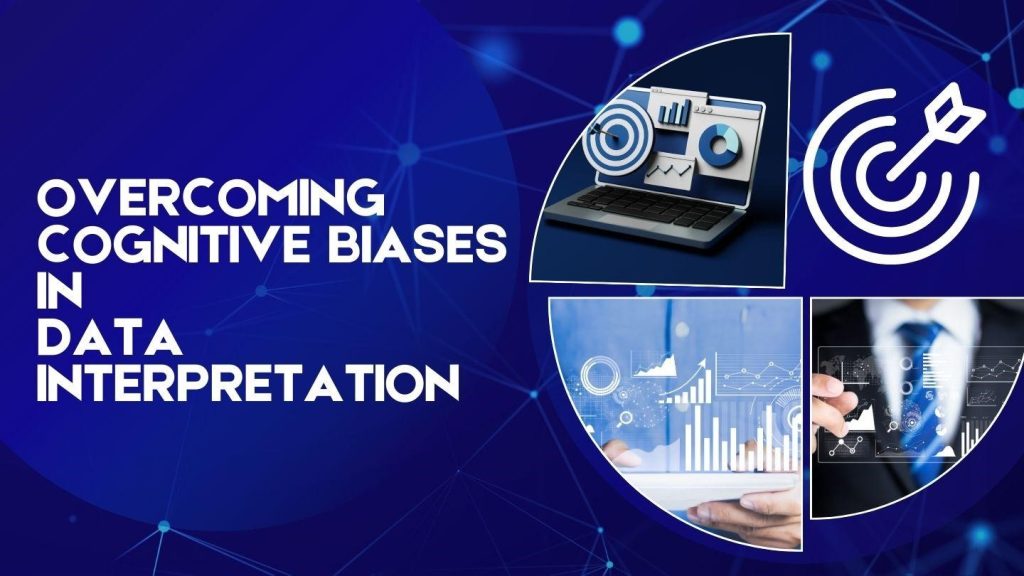In today’s digital landscape, the ability to extract valuable insights from data has become a critical asset for businesses across various industries. Teena Choudhary, a respected authority in data analytics, emphasizes the indispensable role of domain knowledge in enhancing the accuracy and relevance of data analysis. She highlights that understanding the specific nuances of an industry is just as crucial as technical proficiency in producing meaningful insights. This article delves into her perspective on how integrating domain expertise with data analytics can help uncover actionable insights, improve decision-making, and foster innovation in fast-evolving sectors.
Bridging Technical Skills with Industry Expertise
Data analytics is now a crucial tool for decision-making across industries like healthcare and finance, but the growing complexity of modern data sets means that technical skills alone are insufficient for uncovering valuable insights. Analysts with deep industry knowledge can interpret data more effectively by contextualizing it within specific challenges and market trends. For instance, in the retail sector, understanding consumer behavior patterns helps analysts better interpret customer churn, while in healthcare, domain expertise enables differentiation between medically significant data points and irrelevant anomalies, leading to more accurate predictive models.
The Role of Context in Metrics and Model Development
Industry-specific knowledge is crucial for selecting relevant metrics and developing predictive models that accurately reflect real-world scenarios. While general data analytics tools offer valuable insights, their effectiveness is greatly improved when tailored to the unique needs and objectives of a specific industry. For example, in finance, understanding market behavior is essential for interpreting trading data. Analysts with expertise in financial market structures can detect manipulation patterns, such as spoofing, that might be overlooked by those without specialized knowledge. Customizing metrics and models to align with an industry’s specific requirements leads to more accurate predictions and improved decision-making.
Enhancing Analytical Outcomes Through Collaboration
Collaboration between data scientists and domain experts is essential for effective data analysis. While data scientists contribute technical proficiency, domain experts offer crucial insights that ensure data is interpreted within the appropriate industry context. This partnership enhances the accuracy of analysis, aligns findings with industry realities, and enables organizations to make more informed decisions. It is especially important for generating meaningful hypotheses that address current industry challenges, such as understanding regulatory changes in sectors like healthcare or finance, which can significantly impact the metrics used and conclusions drawn.
Overcoming Cognitive Biases in Data Interpretation
While domain knowledge is invaluable, it can sometimes introduce biases into the analytical process. Analysts may unconsciously seek data that confirms their preconceived notions or rely too heavily on industry norms, potentially overlooking important outliers. To mitigate these biases, incorporating structured decision-making processes that challenge assumptions and encourage diverse perspectives is essential.
This approach ensures the benefits of domain expertise are utilized without falling into the trap of confirmation bias. By maintaining a critical focus on both the data and the industry context, analysts can avoid common pitfalls and produce more objective, actionable insights.
Driving Innovation Through Interdisciplinary Approaches
The future of data analytics lies in interdisciplinary approaches that merge domain expertise with advanced analytical techniques. As industries evolve and new technologies emerge, the distinction between technical skills and industry knowledge will become increasingly blurred. AI and machine learning are expected to play a growing role in enhancing human expertise, with automated feature engineering and knowledge graphs serving as prime examples of how AI can streamline the analytical process by incorporating domain-specific insights. Simultaneously, analysts will need to expand their perspectives by working across multiple domains, integrating insights from social sciences, and addressing ethical considerations in data-driven decision-making. This blend of skills will help organizations maintain competitiveness and foster innovation in a data-centric world.
As a conclusion, Teena Choudhary’s work underscores the importance of combining domain expertise with technical data analytics skills. Her insights reveal that the most successful organizations will be those that effectively integrate industry-specific knowledge into their data analysis processes. By doing so, they can derive more meaningful, actionable insights that drive innovation and strategic decision-making. As industries continue to evolve, the collaboration between data scientists and domain experts will become even more critical, helping organizations stay ahead of the curve in today’s fast-paced, data-centric landscape.

